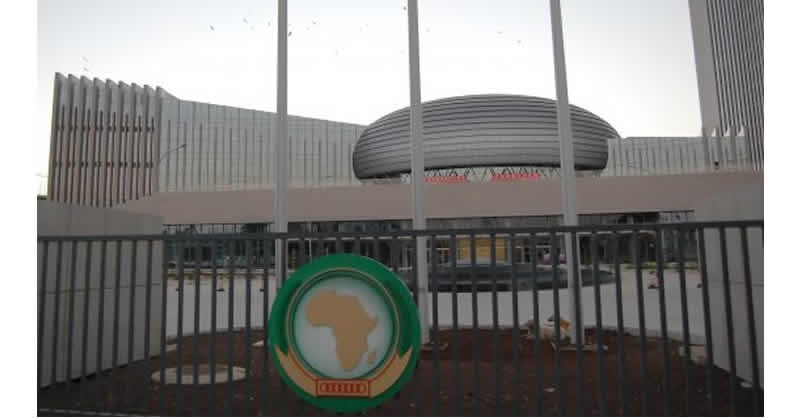
The heartbreaking story of my friend, Pamela Adie, who was turned back at the borders of Mozambique a few days ago, isn’t new but reinforces the horrible and ridiculous travel situations for many Africans within the continent.
Adie, an activist, who leads a pro-LGBT group, The Equality Hub, in Nigeria in a series of tweets, said she was turned back at the Southern African country for not having a visa. She did every research before her travel, and indeed, as confirmed by the Visa Index 2022, only Visa on Arrivals is available for Nigerians into Mozambique.
The immigration officers insisted even though the Visa on Arrival policy is valid – and have provided all necessary documents requested; hotel reservation, employer’s letter, return ticket – she still needs to provide a letter of invitation which has to come from the Mozambican embassy in her country inviting her. Like some criminal, she was escorted back to the plane and ferried back to Nigeria, forfeiting the purpose of her business trip to the country.
Intra-African travel is complicated and fraught with suspicion. To travel in Africa, according to the Visa Openness Index Report 2021, 51% of African countries require African countries to obtain a visa before they arrive. Twenty five per cent of African countries welcome some or all African visitors visa-free. Twenty four per cent of African countries allow some African visitors to obtain a visa on arrival. Only Seychelles, Benin, and The Gambia offer visa-free access to Africans.
Interestingly, citizens of only 15 African nations can travel to South Africa without a visa, yet holders of 28 different European passports can enter the country freely.
And to add that, it is also expensive to fly within the continent – thanks to the government’s heavy taxes, protectionist policies, poor connectivity, and infrastructure – which sadly continues to stifle the growth of the aviation industry on the continent. On the average, passenger charges are twice as much on the continent as in Europe or the Middle East.
While the African Union has developed ambitious plans for the continental free trade area, the free movement of its people lags. Undoubtedly, “trade is a force for good,” as Director-General of the World Trade Organisation Ngozi Okonjo-Iweala rightly mentioned. Still, the continent needs to review its travel policies that shut its people out.
Right now, African countries need to position themselves to make the AfCTA work strategically, and one of such ways is to relax their visa restrictions for easy entry of Africans. Like the European Union, we need to craft a working model that will ensure great success in connecting people and economies – and not with closed borders and harsh visa restrictions.
If the continent is concerned about building a prosperous future for its citizens, it needs to set aside its differences and ensure people have the joy and ability to travel, work and live within their continent; otherwise, we will keep losing bright young minds who (sometimes undertake precarious trips) to Europe in search of better lives.
And especially, for a continent projected to double its current growth rate by 2050, only with the free movement of people will there be a boost in intra-Africa trade, commerce, and tourism; labour mobility, intra-Africa knowledge, and skills transfer, social integration, and tourism; improved trans-border infrastructure and shared development.
Pamela’s story is too many painful experiences Africans have been exposed to in commuting across the continent. Her thread is full of bile testimonials and harrowing experiences of people in the hands of government officials at the borders and in African countries. We need to do better.
Olufemi is a commentator with Young Voices and manages African Programmes for Students For Liberty
Copyright PUNCH.
All rights reserved. This material, and other digital content on this website, may not be reproduced, published, broadcast, rewritten or redistributed in whole or in part without prior express written permission from PUNCH.
Contact: [email protected]





